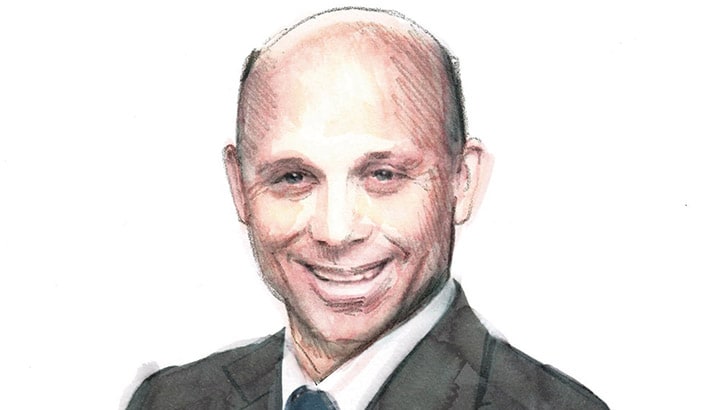
For every restaurateur in America, (and Europe as well) the overwhelming overload of ‘so-called’ data from the media and government regarding Covid-19 has created a form of debilitation, exacerbated by forced sequestration and the 24/7 news cycle.
So, what are the steps the average operator, whether commercial or non-commercial, can take to address refocusing on their business amidst this veritable hurricane of conflicting viewpoints?
My response is to keep it simple. Go back to the basics. In analyzing a restaurant negatively impacted by Covid (lower sales, restricted hours, fewer seats) I like to focus on five key areas that are always the foundation of success.
-
Menu
I always apply the 80/20 principle…what are the 20% of menu items that drive 80% of the sales…by category. In my re-engineered model, a three-page menu becomes a one-page menu. And price points, generally speaking, go up by 10%. Consider implementing some “value-added” aspects, like a complimentary appetizer or side dish for every party of four. Keep the menu design, graphics, fonts and layout identical to the old pre-Covid menu.
-
Operations
A smaller menu means less complexity in delivering service. Fewer steps in the kitchen, lower inventories to carry, less spoilage and on and on. Speed of service may slow a bit, but today’s consumer understands. Just keep the quality high and the attitudes positive. In full-service environments consider eliminating bussers and expand sections for servers by a table or even two. Finally, change your payment terms with your vendors to ‘net seven days’ and eliminate the typical ‘net 30’ terms. Every week when the salesperson comes in to take an order, pay him or her directly for the previous weekly accrued charges. This simplifies accounting and streamlines the accounts payable process.
-
Marketing
In a world now irreversibly connected by cell phones, invest resources in social media and an enhanced web presence. Simplify your web footprint significantly. Simultaneously, expand your direct mail outreach with generous gift certificates. If your average check is $20, offer a $10 gift certificate. Also invest in new resident marketing. With a huge percentage of the population relocating due to Covid, new residents are now a huge constituency to reach early.
-
Human resources
The strategy here is to generate 75% of historical sales with 50% of the prior staffing levels. Project labor costs at 20% not including benefits. Be generous with overtime in lieu of adding staff. Reward your best employees with wage increases to incentivize them to work more productively. And include these great employees in the ‘re-engineering’ process. Lay out the objective (which is survival) and encourage free thinking and open dialogue. Never in my career have I seen a need for greater focus on finding and keeping superstar employees.
-
Management
Great restaurants are always based on great employees. Great employees rarely need management oversight. Use your best employees as shift supervisors by teaching them opening and closing, problem solving, and other typically management functions. As an incentive, pay these shift supervisors a higher hourly wage, or a nice bonus at every pay period. Be inclusive as never before. This is a crisis and the goal is to survive and prosper. The restaurants in the quick-service, casual dining and white tablecloth segments, or the noncommercial configurations such as travel and leisure, college and university and business and industry (which represent 1/3 of the 750 billion foodservice industry) all have exceptional management talent that has to be leveraged.
Keep it simple
Covid has created huge challenges and serious constraints for sure. But at least 50% of this $750bn industry will survive.
The old way is gone (maybe forever) but through ingenuity, willingness to change, a passionate focus on survival, and, most of all, keeping it simple, these operators will prosper beyond their wildest expectations.
Bill Main FCSI




